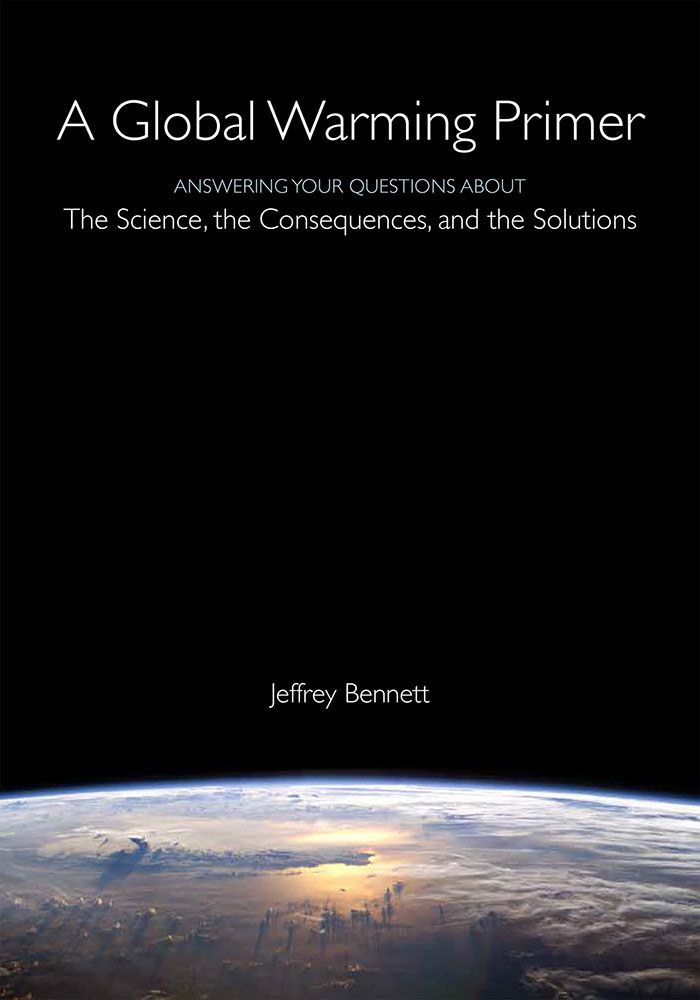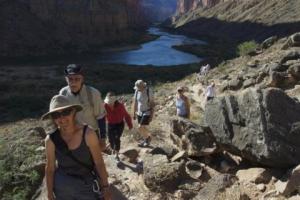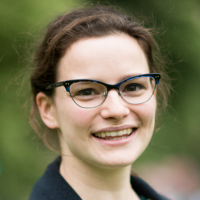Happy New Year from NCSEteach, NCSE’s teacher outreach program! We are excited to be back in action for another year packed with climate change and evolution education.
Thirty-six scientist-teacher pairs across the country participated last semester in NCSEteach’s Scientist in the Classroom program, reaching several hundred students in all. As you know, after a first introductory visit, the scientist returns for a visit to work with the teacher to implement a hands-on activity.
There was a great diversity in the activities last semester! For example:
- One group of students took a field trip to the University of Washington to visit their scientist and to tour a core ice sample facility to see how scientists investigate the composition of the atmosphere long ago.
- Another group of students heard about how their scientist became interested in studying climate change and its impacts on soil in the first place. In the follow-up visit, they measured local soil texture.
- Yet another group of students conducted a lab activity demonstrating the self-assembly of membranes with eggs and also visited the Eno River in North Carolina to collect bugs and water samples.
In the exit survey, several scientist-teacher pairs mentioned that they will continue to work together in the future through in-person and virtual visits. Such plans were especially common when the scientists wanted to keep the students updated on their research projects.
For this spring semester, we have twenty-two matched pairs so far in the Scientist in the Classroom Program, hailing from Arizona, California, Colorado, Florida, Massachusetts, North Carolina, Rhode Island, Virginia, Washington, and Wisconsin. Twelve of the scientists study climate change; the remaining ten study evolution. The training webinar is coming up next week, and I am really excited to see what these new pairs will come up with this semester! Be sure to stay tuned to find out.
That’s not all the exciting news from NCSEteach. We conduct the occasional giveaway of useful and interesting resources for teachers, and the latest involves Jeffrey Bennett’s book A Global Climate Primer: Answering Your Questions about the Science, the Consequences and Solutions (2016). 
NCSE’s Ann Reid was enthusiastic about it, writing, “In engaging, accessible, and accurate prose, Jeffrey Bennett clearly explains the science of climate change, ending with a thoughtful exploration of ways to solve the problems it poses for our future.” And the National Science Teachers Association recently named it as among the outstanding science trade books of 2017.
I really enjoyed A Global Climate Primer because it is easy to read while incorporating a lot of the scientific data and research that are fundamental to our understanding of global climate change. The question-and-answer format of this book makes it very useful when trying to find a specific answer to a basic climate change question. (This was particularly handy at a booster club event I hosted in October 2016.)
A Global Climate Primer is a great resource for climate change experts and for those who want to become more familiar with the science alike. We have a bunch of copies on hand, thanks to a generous donation from Bennett himself, but our supplies are limited, so I hope that you sign up for your copy soon! Members of NCSEteach can request their free copy of the book—and educators who have not yet signed up as members of NCSEteach can do so here.
Finally, NCSE is now accepting applications for the teacher scholarships on our Grand Canyon trip. This is an all-expenses-paid eight-day raft trip down the Grand Canyon with the National Center for Science Education! Winners will receive free airfare, lodging before and after the trip, and the trip of a lifetime, exploring the wonders of Grand Canyon with a team of scientists, educators, and science fans. You can find more information about the trip here. Applications will be accepted until February 1, 2017. Please direct all questions to grandcanyon@ncse.com.


